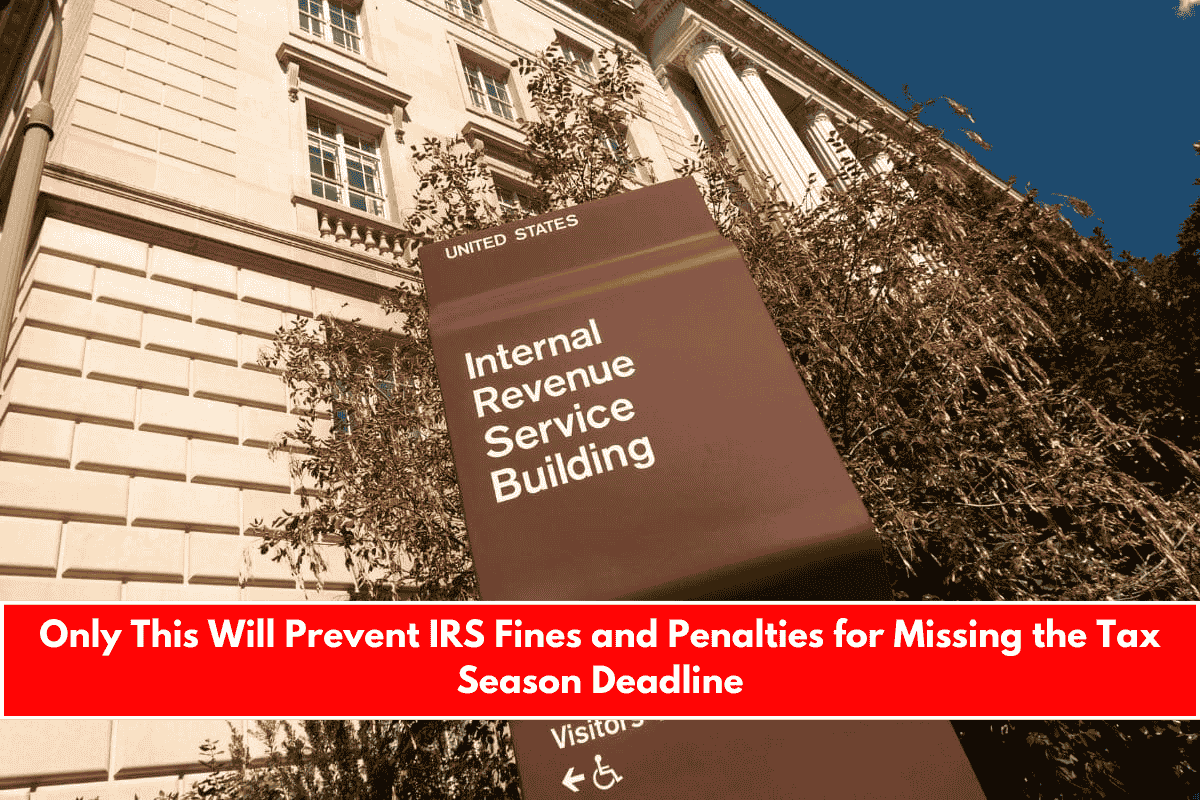Filing taxes is something every working American is expected to do each year. Now that the IRS Tax Season 2025 has officially ended, those who missed the deadline might be wondering what to do next.
If you haven’t filed yet, don’t panic — but don’t wait either. Acting quickly can save you from bigger problems down the line. In this article, we’ll explain why it’s important to file your return as soon as possible, how penalties work, and what you can do to minimize the damage.
Why Filing Your Tax Return Late Is Risky
Missing the tax deadline isn’t just about owing more money. It can also lead to serious penalties and growing interest that make the situation worse over time. Filing your taxes on time protects your finances and keeps you in good standing with the IRS. Every day you delay filing after the deadline, the penalties can stack up, costing you even more.
Even though Tax Season is over, you still have a chance to fix things. If you didn’t file your return on time, don’t ignore it. The sooner you act, the less you’ll have to pay.
How to Reduce IRS Penalties If You Filed Late
While it’s true you can’t avoid all consequences after missing the deadline, you can definitely reduce the penalties by taking quick action. The best move is to file your tax return immediately, even if you can’t pay the full amount right now.
Here’s why:
The IRS charges two types of penalties — one for not filing and another for not paying. Plus, interest gets added to the total amount you owe. The longer you wait, the bigger your debt grows. Filing now can stop the filing penalty from increasing, and if you arrange a payment plan, you might even reduce your payment penalty a little.
If you’re unsure how to file or need help getting your documents together, you can hire a tax professional or use free tools provided by the IRS on their website.

Common IRS Penalties You Should Know About
Every year, millions of people pay fines because they missed the tax deadline or made mistakes. Even small fines can add up quickly and create a heavy financial burden. Here’s a simple table showing the most common IRS penalties:
| Penalty Type | Monthly Rate | Maximum Limit | Details |
|---|---|---|---|
| Failure to File | 5% of unpaid taxes per month | Up to 25% of unpaid taxes | If over 60 days late, minimum penalty is $510 or 100% of unpaid taxes, whichever is less. |
| Failure to Pay | 0.5% of unpaid taxes per month | Up to 25% of unpaid taxes | With an approved payment plan, rate drops to 0.25% per month. |
| Interest on Unpaid Taxes | 7% annually, compounded daily | No limit | Interest adds up on taxes, penalties, and fees. |
| Combined Penalty (File + Pay) | 5% per month (4.5% + 0.5%) | Up to 47.5% of unpaid taxes | Filing penalty reduced by payment penalty if both apply. |
What Should You Do Now?
Understanding how these penalties work shows how important it is to take action fast. The IRS often appreciates people who show they want to fix their mistakes.
Even if you can’t pay everything right now, filing your return and setting up a payment plan can stop the penalties from growing. In some cases, if you have a good history with the IRS, you might even qualify to have your penalties reduced or waived.
If you haven’t filed yet, make it your priority. It’s better to act late than never — and it could save you a lot of money and stress later on.











Leave a Reply